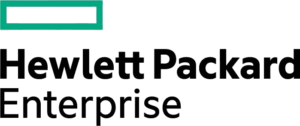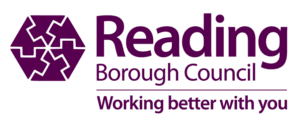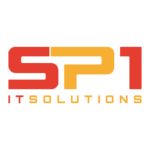What are T Levels?
Technical Levels (T Levels) are a new qualification that will be equal to three A Levels.
T Levels are the new technical vocational qualifications introduced by the government to meet the demands of various industries that require a highly skilled and practical workforce. They are designed to develop the necessary skills and knowledge to enter employment within industries such as Engineering, IT, Business, Health and more.
Available to school leavers after they have completed their GCSEs, T Levels offer an alternative to A Levels or an apprenticeship.
The difference between a T Level and an A level is that with a T Level, 80% of the course is in the classroom, learning the skills that employers need. The other 20% is a meaningful industry placement, where you’ll put these skills into practice.
T Levels have been designed in collaboration with employers and businesses, so that you will learn everything you need to prepare for the workplace. They offer you more practical work experience and industry placement hours as part of your education than any other qualification currently available, except for apprenticeships.
In fact, as part of your T Level education, you will do more than 315 hours of industry placements over the course of your two-year programme.
And because they are the equivalent of three A Levels, T Levels also give you the option to move onto university or a higher apprenticeship once you’ve completed the programme.
The entry requirements for T Levels differ from course to course, but as they are equivalent to A Levels, bear in mind that good GCSE results are necessary.
What is the difference between T Levels and BTECS?
T Levels are advanced level 3 courses and are equivalent to 3 A Levels. They offer you a much longer period of industry placement (315 hours) and are aimed at students who are very clear on the career path they wish to pursue. The course is a combination of in-class study and work placement.
To undertake a T-Level you will need confidence to work alongside managers and supervisors who will teach you a specific trade and skills, give you real job responsibilities and you will be accountable for your work.
BTEC’s are also advanced level 3 courses and are equivalent to 3 A-Levels however, they have a shorter work experience period (2 weeks) and are mainly focused on developing key skills during practical sessions in college.
Both T Levels and BTECs are the same level and are equal in terms of what you will learn. They are both equally valuable to employers and universities. The main difference is the industry placement and work experience you will gain as part of the practical side of the course.
For both T Levels and BTECs, you will need to be dedicated, highly focused and have a good sense of which career you would like to follow. Depending on your study style, you can choose whichever programme you feel would suit you more. If you don't yet have the grades for T Levels, take a look at our T Level Foundation Year.
How are T Levels graded?
Once you complete your T Level, there are several options that are available to you. These include moving into full-time employment, an apprenticeship or higher education.
To help T Level students get into higher education, UCAS tariff points have been allocated to T Levels, which means they will be equivalent to three A Levels.
UCAS points will only be allocated to the overall T Level grade, so you must achieve at least an overall pass grade to receive UCAS points.
| UCAS tariff points | T Level overall grade | A Level |
| 168 | Distinction* (A* on the core and distinction in the occupational specialism) | AAA* |
| 144 | Distinction | AAA |
| 120 | Merit | BBB |
| 96 | Pass (C or above on the core) | CCC |
| 72 | Pass (D of E on the core | DDD |
Find out more about how T Levels are graded on the government website.



